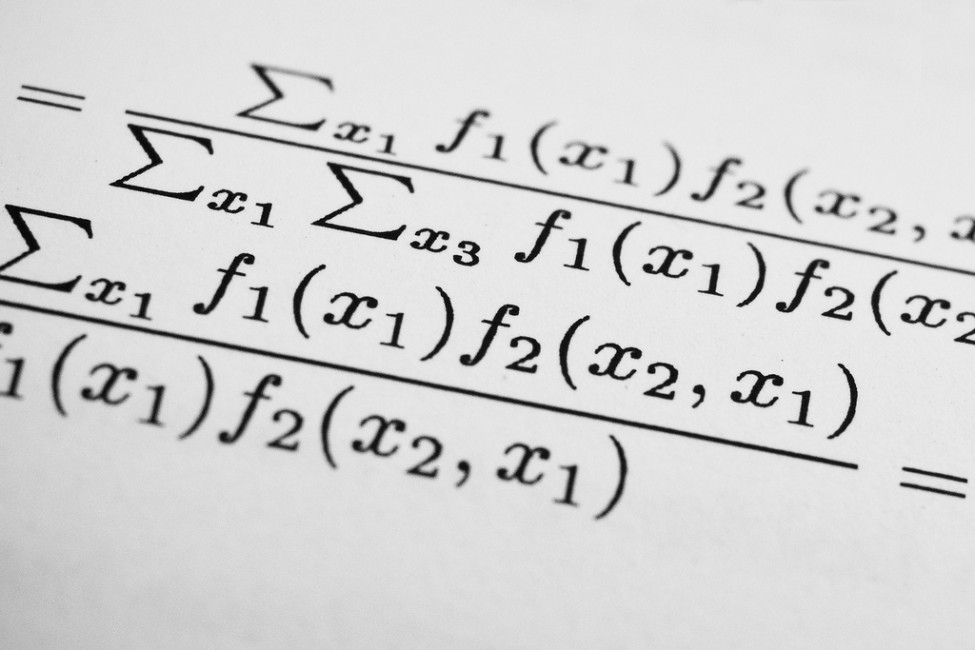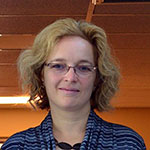
In Canada, math is often a dreaded subject in school — something that UBC education professor Marina Milner-Bolotin hopes to change. In her free public lecture on November 21 at UBC, she’ll be tackling the common misconceptions about math learning to encourage students and their parents to view this subject in a more positive light.
What inspired this lecture?
Kids are so excited about math and science when they’re young, and then they grow up hearing things like “math is so hard” or “math isn’t exciting.” They’re forced by parents and teachers to learn math and science without really understanding and appreciating why they have to do so. As a math and science educator, I want to show parents and students that these subjects can be fun and useful in our daily lives.
It’ll be more workshop than lecture. My goal is to show how the whole family can engage in math and science in an exciting way.
Who can attend the workshop?
It’s open to participants ages 11 and up and their parents, guardians or teachers.
What role do parents play in learning math?
Learning starts at home and parents’ attitude toward math is a huge factor because they’re role models. If they say “math is hard” or “I can’t do math,” their children will absorb that attitude. Many parents want their kids to learn math because it will get them far in their life, but they don’t see the intrinsic value of the subject. But if they appreciate the beauty and fun of math, then learning math can become natural and enjoyable for their children.
Is “math phobia” a global phenomenon?
I don’t think so. I grew up in the Soviet Union and there the attitudes towards math and science are very different. Children in Eastern Europe grow up thinking that everybody can do math and science. They may find out later in life that they are stronger in other subjects or skills, but everybody expects to be fairly conversant in these subjects.
In other cultures math and science are viewed as a normal part of life and their cultural heritage. But in North America there’s sometimes a tendency to say “I’m bad at math” and be proud of it. In other cultures, that would be like saying you’re 25 and unable to read or write.
Why is it important to understand, even enjoy, math?
It’s basic knowledge. Not being able to understand it affects kids’ self-esteem. And if we enjoy using, learning, and teaching it, then future generations will be the better for it.
How can Canadian educators improve math and science learning?
We do have amazing math and science teachers who help kids engage with math and science effectively. I think the big issue is our educational system: unfortunately a lot of teachers don’t specialize in math and science but are expected to be able to teach all subjects from kindergarten to grade 7. I believe someone who has more knowledge of the content and who has studied it at a university at a deeper level can be a better teacher.
Based on research, kids start figuring out what subjects they like as early as fourth grade, so it’s crucial that they have the right instruction and support through the whole process.
Marina Milner-Boloti’s free public talk, “Math for Kids and Parents” is slated for November 21 as part of the UBC Centennial Lecture series organized by UBC Continuing Studies.
